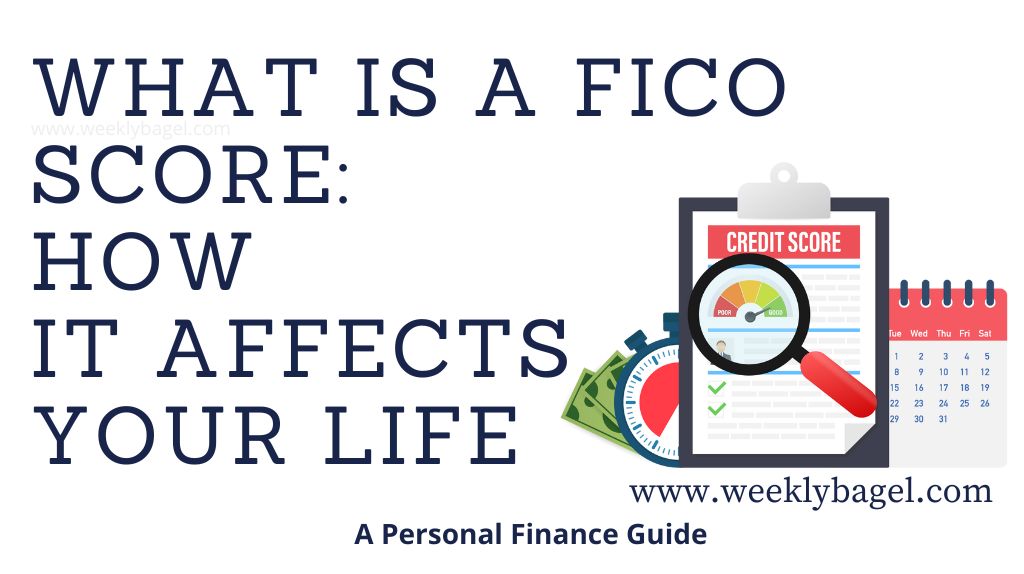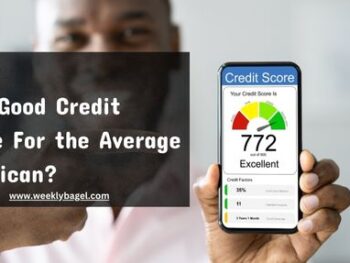
Is a FICO score the same as a credit score?
A FICO score is similar to your typical credit score. It is one of the consumer credit behavior ranking systems. It is used by banks and other financial institutions today to approve loans and credit cards.
As previously mentioned on What You Need To Know About Credit and Credit Score, your credit score determines your access to good low interest loans and credit cards. A FICO score measures your ability to repay a loan. It does this using a three digit ranking system.
Hence, the importance of a good FICO score since lenders look at FICO as compared to other credit score systems to approve loans for you.
FICO Scores Vs Credit Score
A FICO score is not the same as your regular credit score, although there are similarities.
Your usual credit score is a general credit behavior tracking system, which estimates a customer’s ability to repay a loan. The estimate is a number range, which is ranked from poor to great. In a way, a credit score is a general term used for any credit behavior tracking algorithm.
When credit bureaus compile credit reports of consumers, the behaviors generated by such reported are ranked as a credit score. The two most used credit scores are Vantage score and FICO score.
So, what is a FICO definition then?
To simplify, a FICO score is a specific type of a credit score using a three digit system with range of 300 to 850 to rank credit behavior. It is generated by Fair Isaac Corporation. Hence, the acronym- FICO.
You could say the difference between FICO score and credit score is one is a particular brand of the other.
What Is A Good FICO Score Range
A FICO range is typically from 300 to 850. Below, I have organized what a typical FICO score chart looks like. This include the percentage of Americans within each rank bracket.
| FICO SCORE | Category | Percentage of Americans |
|---|---|---|
| 300-579 | Poor | 16% |
| 580-669 | Fair | 17% |
| 670-739 | Good | 21% |
| 740-799 | Very Good | 25% |
| 800-850 | Exceptional | 21% |
As you can see from the chart above, the FICO Score which is top-tiered are from 670 to 850. The highest FICO score one can realistically achieve is 850. Anything outside of a 670 to 850 range may not get you qualified for a loan. Or, may get you a loan with high interest rate.
According to Experian– one of American’s top three credit bureaus, 67% of Americans fall in a good FICO score range. This is obviously from the percentages on the chart above. When you add the percentages from Good to Exceptional, it is a total of 67%.
Therefore, 670 to 850 is considered a good FICO score. You can avoid falling below these scores by reading What Ruins Your Credit Score the Most: 5 Avoidable Mistakes. It will help you stay within the good FICO score range.
How FICO Score Is Calculated
Your FICO score is calculated based on the information on your credit report. Since this is determined by your credit behavior, there are five components of a FICO score which are considered. These include:
- Payment history
- Debt size
- Length of credit history
- New credit amounts
- Types of credit used
These five categories are what affect your FICO score. Below is a table showing the weight of each component.
| Components Of FICO Score | Weight |
|---|---|
| Payment History | 35% |
| Length of Credit | 15% |
| Amounts Owned | 30% |
| New Credit Amounts | 10% |
| Types Of Credit Used | 10% |
The importance of these components cannot be stressed. Chiefly, these are the top five things that affect your FICO score. For example, a bad payment history may affect your overall FICO scoring by 35%.
Furthermore, a mistake on your credit report can affect one of these components of a FICO score. To reinterate, a mistake on your credit report can affect the way your FICO score is calculated. This is why you need to check your FICO score every now and then.
When you find such a mistake, be sure to dispute the error on your credit file. The blue highlighted article will show you how to go about this successfully. If not, your FICO scoring will be affected negatively.
Where To Check Your FICO Score For Free
Some banks offer free FICO scores. You can call your bank to inquire whether they can help you check your FICO score. It is free.
Additionally, a federal law entitles you to one free credit report per year from the three American credit bureaus. This includes a credit report from Experian, Equifax and TransUnion. You get a free FICO credit report from one of these three bureaus.
For other places, you can read Where To Check Your Credit Score For Free.
Finally, beware of credit scams offering to improve your FICO score for profit. It does not work, because you can only improve your FICO score when you pay your bills on time. Your FICO score increases, when you are paying attention to the five components previously mentioned above.




 How To Open An Account At Chase Bank
How To Open An Account At Chase Bank